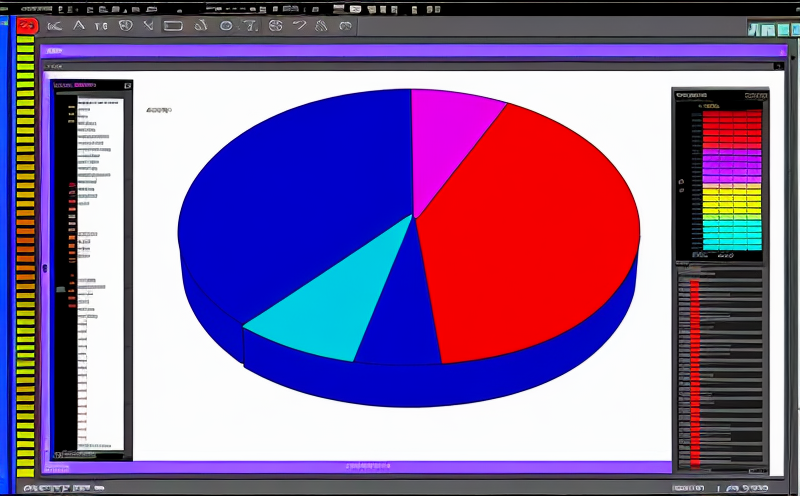IEC 61853 Thermal Performance Analysis of Solar Panels
The IEC 61853 standard provides a detailed framework for evaluating the thermal performance of photovoltaic (PV) devices, particularly focusing on solar panels. This service ensures that solar panels can withstand high temperatures and perform optimally under various environmental conditions. Understanding the thermal behavior of solar panels is crucial as it directly impacts the efficiency and durability of these devices.
The test method outlined in IEC 61853 involves subjecting solar panels to controlled temperature cycling within a thermal chamber. The goal is to simulate real-world operating conditions, especially those encountered during installation or operation under high ambient temperatures. This simulation helps manufacturers identify potential weaknesses in the design and construction of their products.
During the testing process, various parameters are closely monitored including power output, temperature coefficients, and spectral response. These measurements provide insights into how well a solar panel can maintain its performance over time, particularly when exposed to extreme heat. This information is invaluable for quality assurance teams who need to ensure that their products meet stringent industry standards.
For R&D engineers involved in developing new PV technologies or improving existing ones, this service offers critical data points that could lead to breakthrough innovations. By leveraging detailed thermal performance analyses provided by our laboratory, they can optimize designs and materials used in solar panels, ultimately enhancing both efficiency and reliability.
The results from IEC 61853 compliance testing are not only beneficial for manufacturers but also for procurement officers looking to source high-quality components. Knowing that a supplier adheres strictly to international standards reassures buyers about the quality and longevity of purchased products. Compliance with such rigorous protocols builds trust among stakeholders within the photovoltaic industry.
Furthermore, this service plays an important role in supporting environmental sustainability initiatives by promoting the use of renewable energy sources like solar power. As more countries aim towards reducing carbon footprints through increased adoption of clean technologies, accurate thermal performance assessments become essential tools for achieving these goals efficiently and effectively.
Our laboratory utilizes state-of-the-art equipment to conduct IEC 61853 tests, ensuring precise measurement and reliable results every time. We employ experienced technicians who understand the nuances involved in performing this type of analysis accurately. Their expertise combined with advanced instrumentation guarantees that each test meets international standards while providing valuable feedback for continuous improvement.
In summary, conducting thermal performance analyses according to IEC 61853 is vital for manufacturers aiming to produce reliable and efficient solar panels capable of enduring harsh environmental conditions. This service supports both industry professionals seeking compliance verification as well as those focused on advancing technology through rigorous testing practices.
Applied Standards
The IEC 61853 standard is widely recognized in the photovoltaic sector for its comprehensive approach to evaluating thermal performance. It specifies test methods intended to assess how well solar panels can operate under elevated temperatures without compromising their electrical parameters or structural integrity.
- IEC 61853-1: Determination of thermal properties of photovoltaic devices
- IEC 61853-2: Determination of temperature coefficients and spectral response for photovoltaic devices
- IEC 61853-3: Determination of power output and efficiency under standard test conditions (STC)
These subparts cover different aspects of thermal performance analysis, from initial characterization to long-term durability testing. By adhering strictly to these standards, our laboratory ensures that all tests conducted are consistent with global best practices.
Customer Impact and Satisfaction
The impact of accurate IEC 61853 thermal performance analysis extends beyond just meeting regulatory requirements; it significantly enhances customer satisfaction by delivering high-quality, reliable solar panels. For manufacturers, compliance with these standards reassures potential buyers about the robustness of their products.
Quality managers and procurement officers alike benefit greatly from knowing that suppliers are adhering to strict international guidelines during production processes. This knowledge fosters trust among all parties involved in the supply chain, leading to better decision-making regarding sourcing decisions.
R&D engineers also gain substantial value from this service as it provides valuable data points necessary for refining designs and materials used in future generations of solar panels. Continuous improvements based on thorough testing contribute positively towards overall technological advancement within the photovoltaic industry.
Moreover, by ensuring compliance with IEC 61853 standards, our laboratory helps promote environmental sustainability efforts worldwide. The increased adoption of renewable energy sources like solar power contributes to reducing greenhouse gas emissions and combating climate change effectively.
Environmental and Sustainability Contributions
The implementation of IEC 61853 thermal performance analysis plays a crucial role in supporting environmental sustainability initiatives by promoting the use of renewable energy sources such as solar power. Solar panels, when manufactured according to these rigorous standards, contribute significantly towards reducing carbon footprints.
- By enhancing efficiency and durability through thorough testing, less energy is wasted during production processes.
- More efficient solar panels mean better utilization of available sunlight, leading to reduced reliance on non-renewable resources.
- Promoting the use of clean technologies helps mitigate climate change impacts by decreasing overall carbon emissions from electricity generation.
The results derived from IEC 61853 tests enable manufacturers and developers to make informed decisions about product improvements, thereby accelerating progress towards sustainable development goals set forth internationally.





